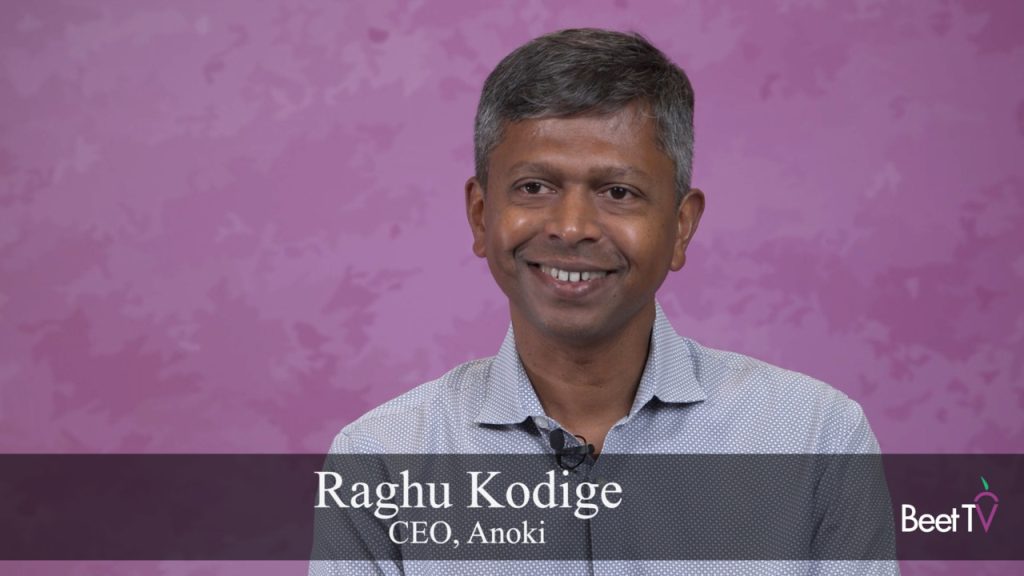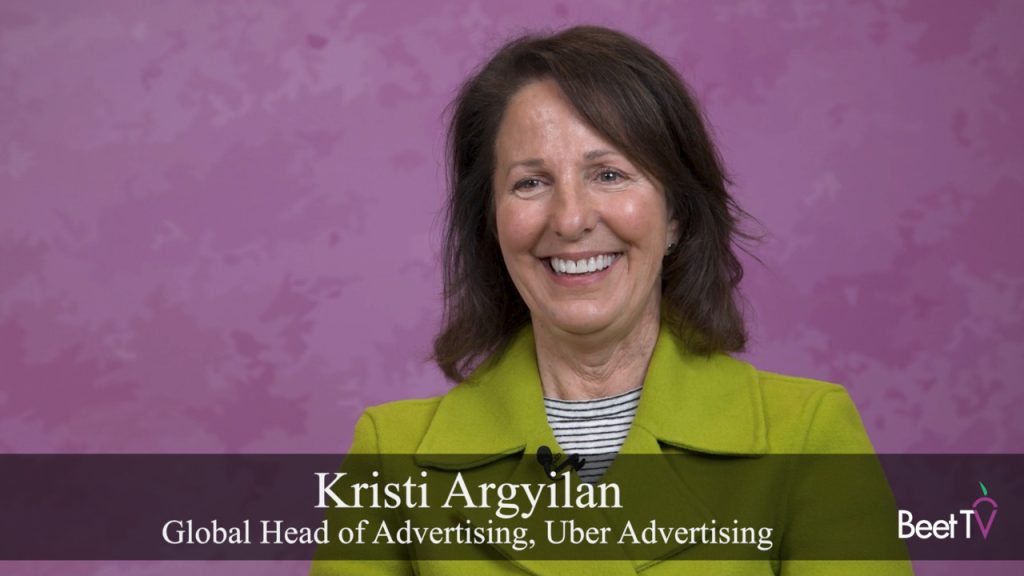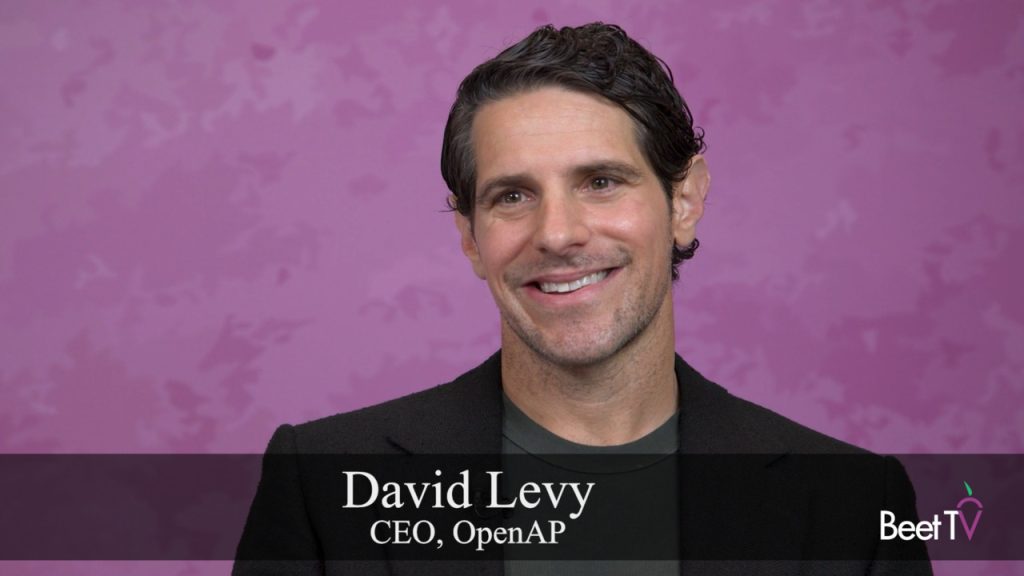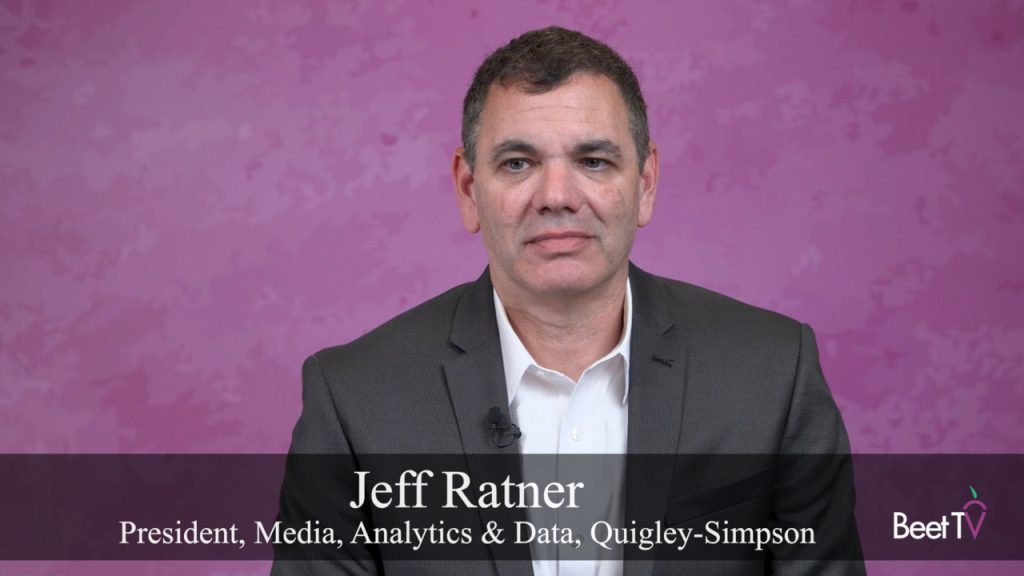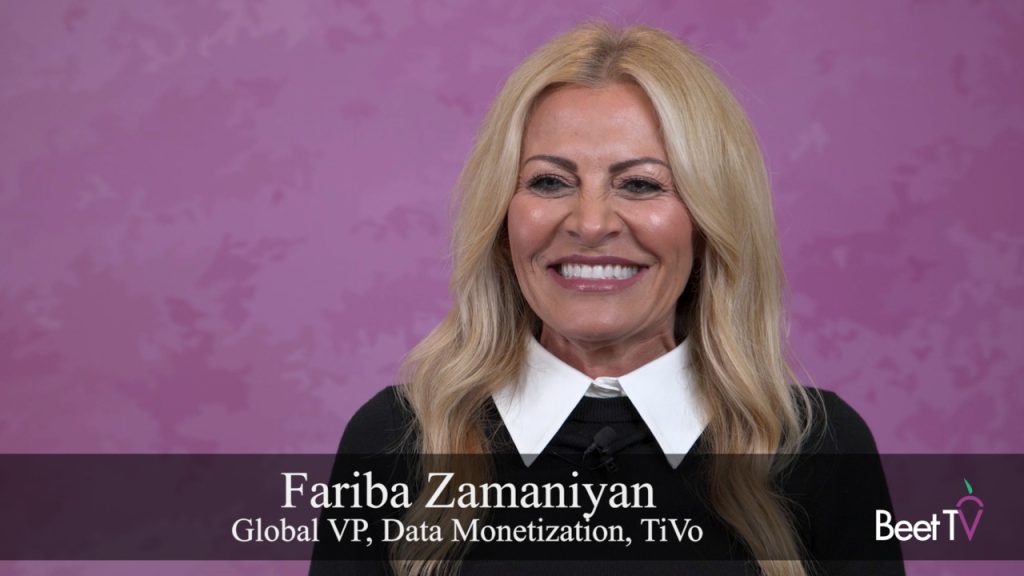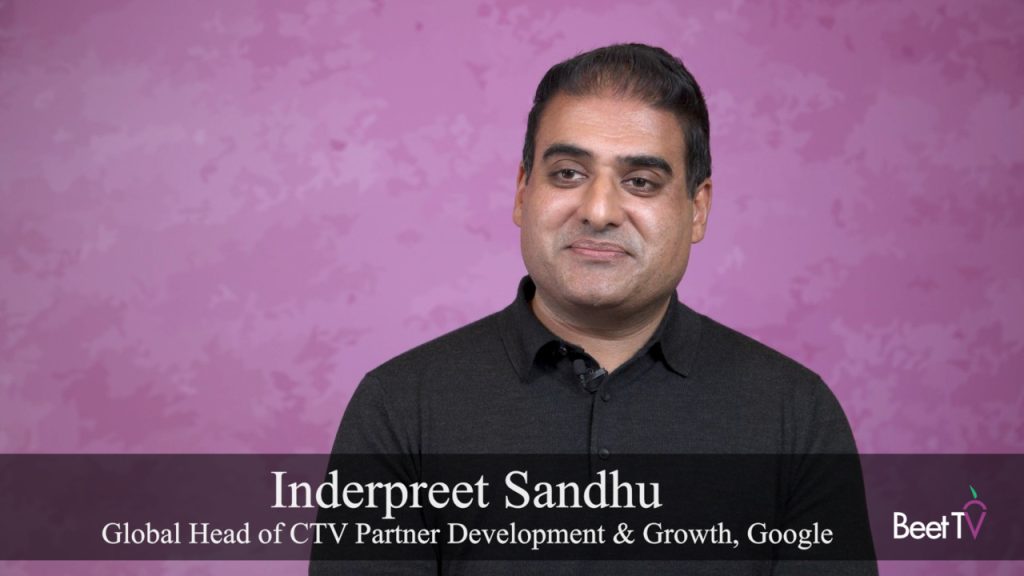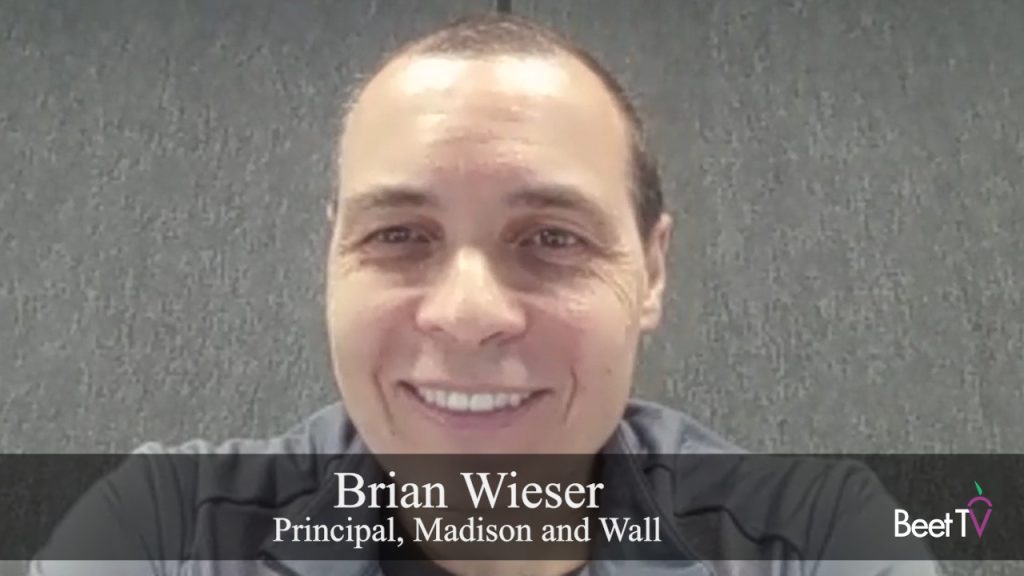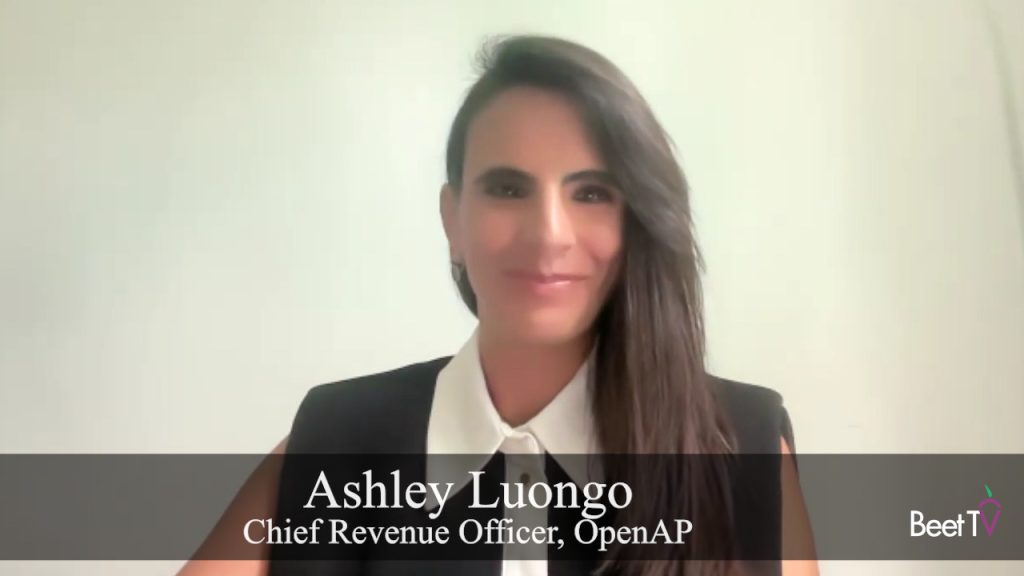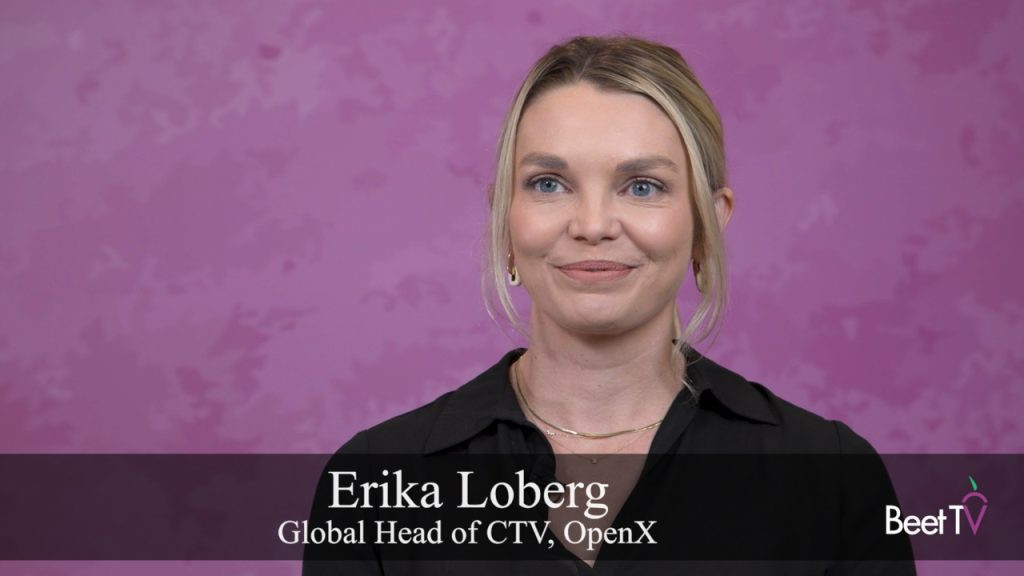PHOENIX — The Washington Post’s in-house, self-built software line-up already numbers some products that lean on artificial intelligence.
But the unit called Arc Publishing thinks the future is going to be orders of magnitude different – for better or for worse.
In this video interview with Beet.TV, Shailesh Prakash, Washington Post CIO, outlines the evolution from rudimentary AI to a sophisticated future.
“It’s early days. “Most of it is still so called ‘narrow AI‘,” he says. “It’s good at doing a particular task, but it can’t then be generalized to do other tasks.”
“With companies like Amazon and with Google we are working to see if some of the narrow AI that they all have can be leveraged for publishing, and how much of it can be used elsewhere.
“For example, can we use some of the face recognition technology that’s available to then help our reporters identify where a particular person in a photograph might have also appeared in our archives.”
Arc’s line-up also includes:
- Heliograph AI-powered automated content generator
- Mod Bot AI-powered comment moderation
For all the hype, AI today is still rather rudimentary. Whilst features like semantic analysis and sentiment analysis are available easily to customers of large cloud services through API and others can even train their own models, results can be sketchy.
But Prakash sees an emerging world of “general AI” which will make the world “fundamentally different within 30 to 50 years”.
“It could be utopia, it could be dystopia,” he admits. “It could be a world where we eradicate diseases and we stop fighting with each other, and we live in peace and harmony. Or it could be dystopia or, as Elon Musk says, ‘Are we summoning the devil with this kind of general AI’?
This segment is part of Beet.TV’s coverage of the IAB Annual Leadership Meeting 2019, Phoenix. This series is sponsored by Telaria. Please find additional videos from the series on this page.































